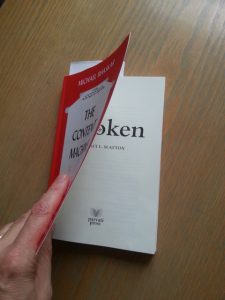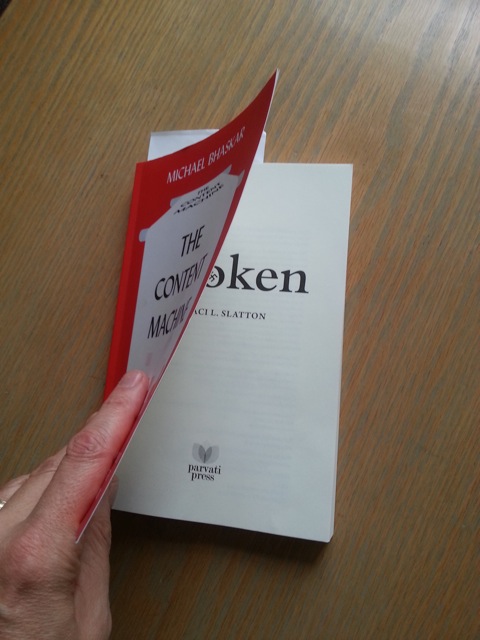Fragile
Yesterday I was at Johns Hopkins, standing at the bedside of a very sick, most beloved friend.
I don’t know if she’ll make it all the way back.
This particular friend is an extraordinary human being. She’s immensely kind without being a patsy. She’s unstintingly generous and also savvy, an astute businesswoman who worked as a book keeper in her early life. She’s spiritual and impish. She’s wise and funny. She’s opinionated and yet respectful. She changed the world in a specific way–for the better–and few people know it. I do, because we had a similar background, in some ways.
I know that she changed the world and that many people benefited from a specific thing she set in motion. Yet she didn’t want anyone else to know about it. She preferred to stay out of the spotlight.
She’s loving and yet regularly looked me in the eyes and told me what I needed to do to improve myself. She was always right, yet I never felt that she was judging or condemning me. I just felt loved and seen, and I felt that if I did what she was suggesting, my life would improve.
Over the last few decades, I had adopted her as an alternate mother. My biological mother is a borderline personality disorder, incredibly vicious toward me, completely unaware of it. I married badly the first time around. I found someone who would continue the pattern of abusively treating me like a non-person who existed only to serve others, or at best, like a second class citizen.
This woman was someone who came into my life as I started to heal and I began to realize that I deserved better. That I deserved to be treated well, with respect and kindness.
Her constant mantra to me, from our earliest meetings, was, “Trust yourself, Traci. Be happy and be soft. Trust yourself. Love yourself.”
This stood in direct and startling contrast with the mantras of my family of origin and my first marriage, where I heard, “You are not a person. You don’t deserve to be treated well. You are a (fill in the blank: non-human, slave, rage monster, crazy weirdo, etc.).”
She was model to me for how to be spiritual and yet also be grounded in reality. In fact, far too many “spiritual” people flake out. My friend was not flaky. She was dependable, reliable, and intensely practical.
At the same time, she was the most psychic person I’ve ever met, and I’ve met a lot of psychics. I have no small talent in that direction myself, though I tend to underplay it these days. She was, with one exception, always right when she read the energy of a person, situation, or event for me.
That one time had to do with me; when she read that situation, I vowed I would not let it turn out that way. I worked unbelievably hard, with another party’s help, to prevent the outcome she foresaw.
She helped me forgive my father, who was a sociopath. As my father had by beating me, her father tried to kill her. Her own father was, if anything, a worse sociopath. Yet she harbored no ill will toward him. Being with her, in her presence, I realized that holding on to anger at my father would only hurt me. And I realized that my dad was just a terribly flawed human being doing the best he could, which was piss-poor terrible. That was his best.
I can remember the specific moment I forgave him, sitting in a church that my little one likes. I prefer synagogues, but I am tolerant and accepting of my little one’s choices. So I was there to please my little one when that current of forgiveness ran up me like gold light, washing everything out.
“That’s the way it happens,” my friend said, with a warm smile. “Congratulations. You’re doing the hard work of life. I’m so proud of you.”
She never suggested my father wasn’t a sociopath. But she knew that letting go of the anger and drama would benefit me.
She was right. As she was about so many things.
She knew all my secrets. She knew the things I was deeply ashamed of. She knew what I had done that I wished I hadn’t done, and she knew what was done to me, the horrifying things I’ve never told anyone. She loved me anyway. She held my confidences in a neutral, loving space.
I love her for it.
I hope she makes it back. Yesterday I stood at her bedside, praying for her. “Please God, help her.” I was also keenly aware of the fragility and preciousness of life, and of now important it is to let the important people in your life know that you love them. Everything can change in a split-second. Someone you always relied on is suddenly gone, suddenly shattered.
She would tell me to know that and to stay open and soft. She would tell me that that is the essential task of the human being.
To the people in my life whom I love: You know who you are, and I am telling you, I treasure you.






